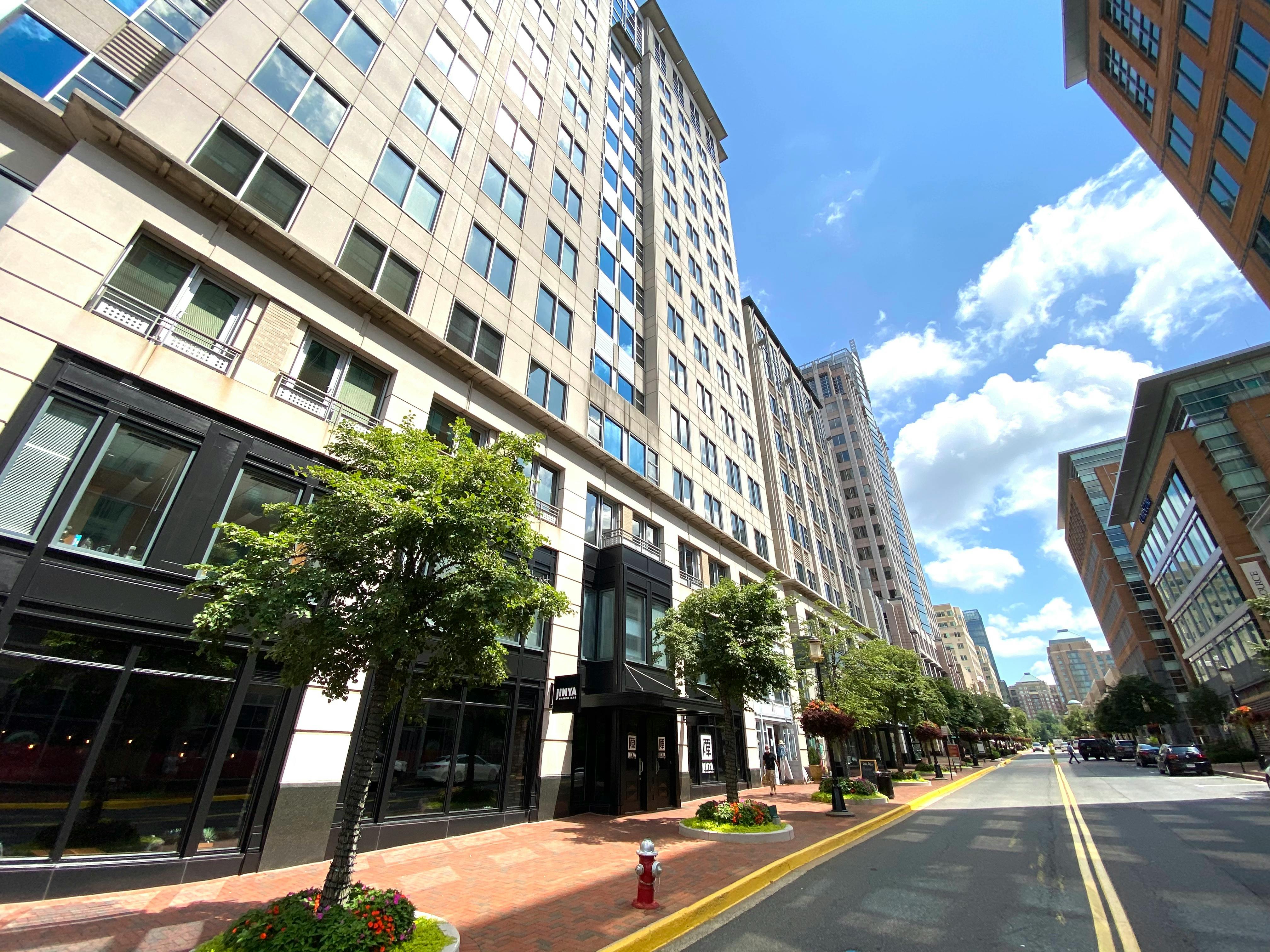Smarter Living Starts Here: Why Downsizers Are Turning to Melbourne’s Liveable Suburbs
Across Melbourne, more homeowners are trading oversized houses for thoughtfully designed, low-maintenance homes in locations that offer lifestyle,...

Affordable housing is a pressing issue in Melbourne, particularly in the south-eastern suburbs, where demand continues to outstrip supply. Recent data indicates a growing shortfall in affordable housing units, highlighting the urgent need for action. As Melbourne's population continues to grow, the issue of affordability becomes even more critical, with projections suggesting a significant increase in the shortfall of affordable rental homes by 2036 if no action is taken. In response to this challenge, the City of Melbourne has launched its Affordable Housing Strategy 2030, aimed at bridging this gap through a series of innovative initiatives.
The economic landscape plays a significant role in housing affordability, particularly in Melbourne's southeastern suburbs. Recent data indicates a widening gap between property prices and income levels, making homeownership increasingly inaccessible for many residents. According to the City of Melbourne’s Affordable Housing Strategy 2030, the city faces a projected shortfall of affordable rental homes, which is expected to worsen by 2036 without intervention. Rising housing costs, coupled with stagnant wage growth, exacerbate the challenge of affording suitable housing, forcing individuals and families to allocate a larger portion of their income towards housing expenses. This disparity not only impacts financial well-being but also perpetuates socio-economic inequalities within the community.
Limited availability of land and high development costs pose significant challenges to the construction of affordable housing. Melbourne's rapid population growth has intensified competition for land, driving up prices and reducing the feasibility of affordable housing projects. Additionally, high construction and development costs inflate overall expenses, making it challenging for developers to offer affordable housing units at accessible price points. The City of Melbourne’s Affordable Housing Strategy 2030 aims to address this issue by leveraging city-owned land for affordable rental housing, and seeking funding through initiatives like the Victorian Government's Big Housing Build. However, without comprehensive intervention, the shortage of affordable housing is likely to persist, exacerbating the housing crisis.
Navigating regulatory processes presents another layer of complexity in providing affordable housing. Lengthy planning and approval procedures, coupled with various regulatory requirements, can significantly delay project timelines and increase costs. Initiatives such as the development of a corporate policy on affordable housing and partnering with the Victorian Government to deliver priority planning approval processes for affordable housing developments aim to address these regulatory hurdles. However, broader collaboration between government agencies, developers and community stakeholders is essential to overcoming these barriers and fostering a more conducive environment for affordable housing provision.
Beyond income-property price disparities, factors such as unemployment and precarious work arrangements further compound housing affordability challenges. These economic pressures disproportionately affect vulnerable populations, increasing the risk of homelessness and housing instability. Addressing these challenges requires a multi-faceted approach that encompasses not only affordable housing solutions but also broader initiatives to promote economic stability and social welfare support systems.
Streamlining planning processes and unlocking underutilised land parcels are essential strategies to address supply constraints. The City of Melbourne's initiatives to leverage city-owned land and partner with the Victorian Government highlight efforts to overcome these barriers. However, fostering partnerships and implementing innovative approaches are crucial to unlocking new opportunities for affordable housing provision and creating inclusive, sustainable communities.
The Victorian Government's Big Housing Build initiative represents a significant step towards addressing the housing crisis in Victoria. With a commitment to add 12,000 new affordable homes across the state, this ambitious program aims to alleviate the strain on the housing market and provide much-needed relief to individuals and families facing housing insecurity. By investing in the development of affordable housing, the government is taking proactive measures to create a more inclusive and sustainable housing landscape for all Victorians.
Collaboration between government, industry and community organisations is essential in increasing the supply of affordable housing and effectively tackling the housing crisis. Through strategic partnerships and collective action, stakeholders can leverage their resources, expertise and networks to maximise impact and drive meaningful change. By working together, these diverse stakeholders can identify innovative solutions, overcome challenges and create pathways to affordable and accessible housing for individuals and families in need.
Policy interventions, such as Inclusionary Zoning (IZ) and affordable housing levies, play a crucial role in addressing housing affordability and ensuring equitable access to housing opportunities. By requiring developers to include a certain percentage of affordable units in new developments or contribute to affordable housing funds, these policies help to expand the supply of affordable housing and promote socio-economic diversity within communities. Additionally, the City of Melbourne's proactive approach to utilising city-owned land for affordable rental housing and streamlining the planning process demonstrates a commitment to addressing the housing crisis at the local level. These policy initiatives not only foster the development of affordable housing but also support sustainable urban growth and inclusive community development.
In Melbourne, numerous successful affordable housing projects have showcased the transformative impact of accessible housing options on local communities. These projects serve as beacons of hope, illustrating how strategic investment in affordable housing can enhance the quality of life for residents and contribute to vibrant, inclusive neighbourhoods. From mixed-income developments to supportive housing initiatives, these projects have not only provided safe and affordable homes but have also fostered a sense of belonging and social cohesion among residents.
One notable example is the "Housing First" initiative, which prioritises providing stable housing for individuals experiencing homelessness, coupled with wrap-around support services. This approach has proven effective in breaking the cycle of homelessness and supporting individuals in rebuilding their lives. Similarly, community-led co-housing projects have empowered residents to actively participate in the design and management of their housing, promoting a sense of ownership and community pride.
The success of these projects underscores the importance of community engagement and collaboration in addressing housing challenges effectively. By involving local residents, community organisations, and other stakeholders in the planning and implementation process, these projects have been able to better meet the diverse needs of the community and ensure the long-term sustainability of affordable housing initiatives.
Furthermore, these projects have highlighted the need for holistic support services alongside housing provision, recognising that individuals facing housing insecurity often require additional assistance to address underlying issues such as mental health, addiction, or unemployment. By integrating support services into affordable housing developments, these projects have been able to provide residents with the necessary tools and resources to thrive.
Overall, the lessons learned from these successful projects emphasise the importance of taking a comprehensive and collaborative approach to affordable housing development. By prioritising community engagement, innovative design, and supportive services, future developments can build upon these successes and continue to make meaningful strides towards addressing the housing crisis in Melbourne and beyond.
Addressing the challenges of affordable housing requires a collaborative effort from all sectors of society. By implementing innovative solutions and strategies, we can work towards ensuring that everyone has access to safe, affordable housing. Norus Projects is committed to being a leader in the property development sector, contributing to solutions and advocating for positive change. Together, we can build a more inclusive and equitable city for all residents.
Visit Norus Projects' website to learn more about our upcoming projects and initiatives aimed at addressing the affordable housing crisis. Join the conversation and share your thoughts on how we can work together to tackle this pressing issue.

Across Melbourne, more homeowners are trading oversized houses for thoughtfully designed, low-maintenance homes in locations that offer lifestyle,...

Introduction Jumping into property investment can feel exciting, but for many first-time investors, that excitement can quickly lead to missteps....

Introduction